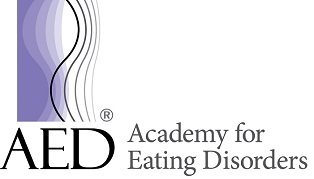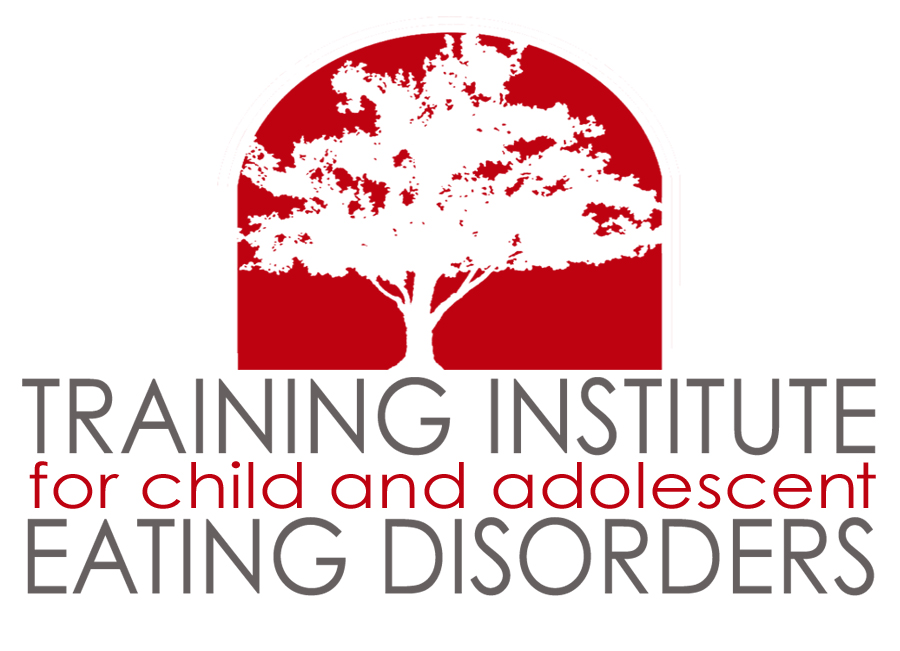Childbirth brings substantial hormonal and lifestyle changes for women, which can be challenging even for those with older children. Regular mental health assessments during pregnancy and postpartum are common. If you’re grappling with issues like anxiety or depression during this period, we urge you to seek help.
Types Of Maternal Mental Health Conditions
During pregnancy and postpartum, women may face mental health issues like eating disorders, anxiety, and depression. These conditions, while possibly affecting their caregiving abilities, do not define their parenting. If you’re struggling with these issues, it merely indicates you might need additional support.
EATING DISORDERS IN PREGNANCY
Eating disorders in women, often linked to weight and body shape, can be impacted by pregnancy. Those with current or past eating disorders, such as anorexia nervosa, bulimia nervosa, or binge eating disorder, risk symptom escalation during pregnancy (Ward, 2008). However, some women may experience decreased symptoms due to focus on the baby’s health.
PERINATAL MENTAL HEALTH
Perinatal mental health concerns, encompassing issues arising during pregnancy or the first year post-birth, include anxiety, depression, and bipolar disorder (O’Hara & Wisner, 2014). Women should undergo screening during perinatal appointments, as these issues can affect both the woman’s and baby’s health. Any struggles should be honestly communicated to healthcare providers for appropriate monitoring.
Postpartum Anxiety
Postpartum women may experience anxiety disorders including generalized anxiety disorder, postpartum panic disorder, obsessive compulsive disorder, and posttraumatic stress disorder (Ali, 2018). Symptoms range from restlessness, fatigue, irritability, sleep issues, to unexpected panic attacks and time-consuming obsessions. Emotions tied to postpartum anxiety, such as loss, frustration, guilt, and body tension, can greatly affect a woman’s wellbeing.
POSTPARTUM DEPRESSION
Postpartum depression shares symptoms with major depressive disorder, including persistent depression, fatigue, loss of interest, and recurring thoughts of death, impacting a woman’s ability to care for her baby. Some women might have ‘baby blues,’ characterized by sadness, loneliness, fatigue, and tearfulness, generally shorter-lived than depressive symptoms. It’s crucial to distinguish natural postpartum changes, such as fatigue and weight shifts, from depression symptoms.
How We Treat
Resilience DBT & Eating Recovery, with outpatient therapists in New Jersey, Florida, and Maryland, offers help for Maternal Mental Health disorders. Our diverse team, experienced in treating conditions like eating disorders, depressive disorders, anxiety disorders, and more, provides personalized prenatal and perinatal care. We strive to create a supportive environment and design tailored treatment plans. For maternal mental health treatment, we encourage you to reach out for the necessary support.
How do I begin?
Our team is dually and expertly trained in the Treatment of Eating Disorders and DBT for Mental Health. Our Evidenced-Based approaches include FBT, CBT-E, DBT-ED, and Comprehensive DBT for co-occurring mental health conditions. Our outpatient practice has helped Children, Teens and Adults achieve full Eating Disorder Recovery and Mental Health Stability for over 25 years.
1
Schedule your 15 minute free phone consultation
This phone screening is highly confidential to help determine if coming to the Resilience practice is the best course for you or your loved one.
2
Complete an Expert and Comprehensive Intake
During your intake appointment we will gather more information to identify your stressors and needs. And work with you to develop your resilience treatment plan.
3
Get connected with Your Personalized Care Team
Meet with a practitioner to get started on your journey of healing and wellness you know you deserve.









